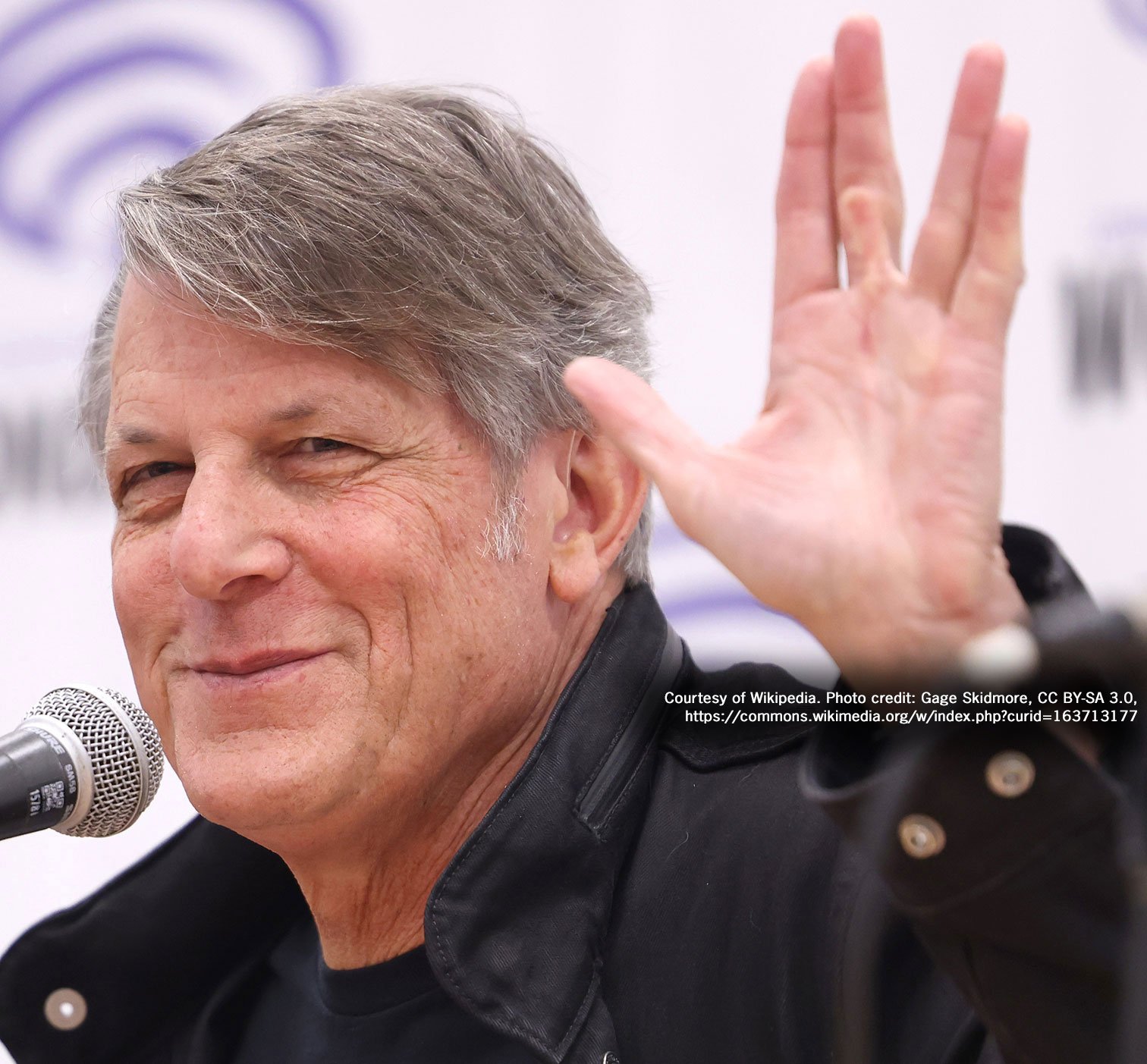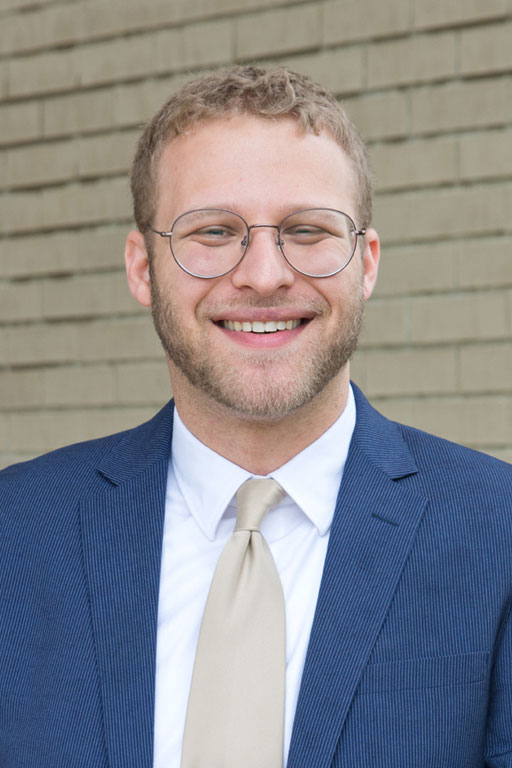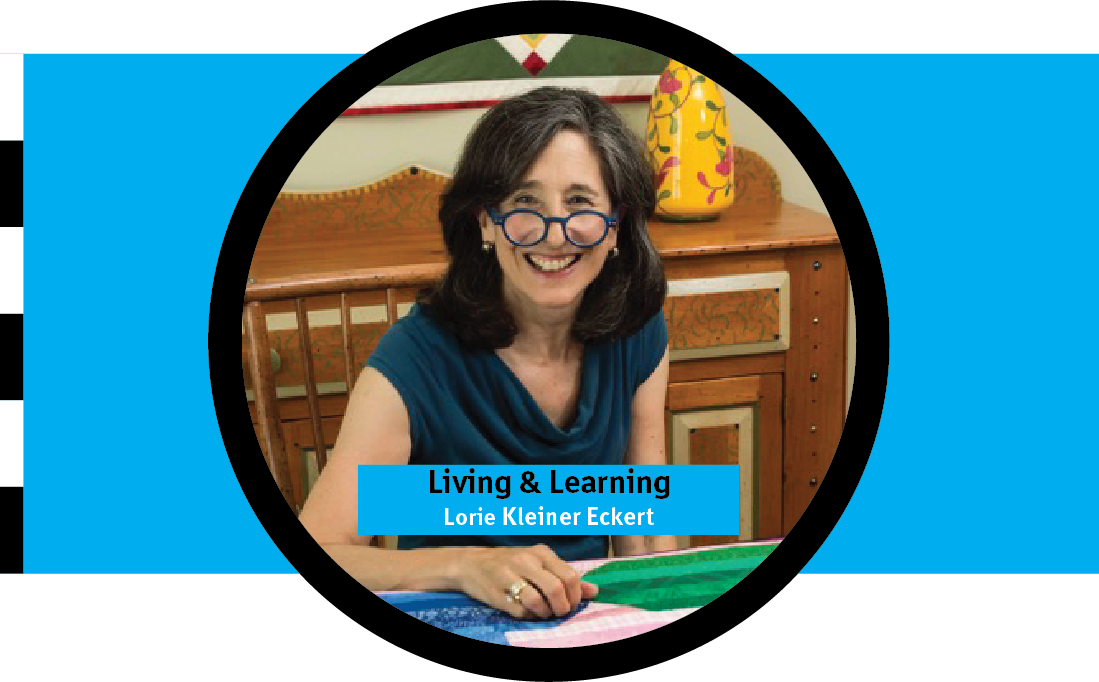Submitted by Cincy Journeys
“I never knew the extent or scale of the Maccabiah Games until I got there, and all the athletes started arriving,” said Jonathan Levy. “It was a lot of Jewish athletes coming together from all around the world for this event. When I was at the opening ceremonies, that’s when it began to feel real and surreal at the same time. It was like being at the Olympics; that’s the only way to describe it.”
Jonathan attended the 21st Maccabiah Games in Israel, as part of the US Men’s Futsal team. Futsal is a sport like soccer. It’s played five versus five on a hardwood surface, like a basketball court. The ball is heavier and smaller than a regular soccer ball, and the game is faster and higher scoring than soccer.
“Jonathan got to start and play in many of the games as a goalie,” said his mother, Rini. “It was amazing to see him compete on that athletic level. It was really fun to watch him, but beyond that, he was able to connect with Jewish people from all over the world and strengthen his own Jewish identity.”
The Maccabiah Games, also referred to as the Jewish Olympics, are generally held every four years in Israel and are open to Jewish athletes from around the world and to all Israeli citizens regardless of their religion. It is the world’s third-largest sporting event, behind the Olympics and the FIFA World Cup, with 10,000 athletes competing. First held in 1932, the name Maccabiah was chosen after Judah Maccabee, a Jewish leader who defended his country from King Antiochus.
But for the US team, the trip was about more than competing. “We had about a week before the opening ceremonies where we were training and taking day trips to see different sites,” Jonathan said. “That portion of the trip was called Israel Connect, and it’s very unique because other athletes from different countries just arrive the night before the opening ceremony, and for them it’s more strictly a competition, but the US delegation likes to have this Israel Connect portion of the trip, so it’s more meaningful than just a sports competition. And people who haven’t been to Israel get a chance to see these Holy and meaningful sites that really helped you connect to your Judaism.”
Jonathan said one of the most meaningful experiences he had during the trip was the visit to the Western Wall. “Every time I go there, I feel a spiritual connection to the land and to the place I’m standing in because it’s such an important piece of history,” he said. “All the fighting and struggling that Jews have had to keep that land, and to have it be Jewish land, where they can openly pray and practice their Judaism, it’s indescribable. When I’m standing there, touching it, putting a note inside, it’s the place I feel most connected to my Judaism.”
Jonathan’s family helped pay for his trip to the Maccabiah Games, in part, through his Bar Mitzvah grant, provided by the Jewish Federation of Cincinnati. Every Jewish teen who becomes a Bar/Bat Mitzvah in Cincinnati receives a $500 grant toward a trip to Israel.
“We’ve used other community grants in the past,” said Rini. “My two older sons used their Cincy Journeys travel grants to attend March of the Living [a trip to Poland and Israel for high schoolers] and to participate in Onward Israel [an internship program]. We decided to use Jonathan’s Bar Mitzvah grant because the Maccabiah Games affords you the opportunity to do fundraising or sell raffle tickets. We wanted to save his specialized travel grant for his own Onward Israel trip.” Indeed, Jonathan completed his trip in the summer of 2023.
Cincy Journeys helps every Cincinnati Jewish child attend Jewish overnight camp and every teen and young adult travel to Israel, giving them the skills, experience, and desire to become tomorrow’s community leaders. Two Cincy Journeys Israel travel grants can be used by Cincinnati Jewish teens and young adults any time between the ages of 16 to 26 with approved trip providers.
“I’m so incredibly grateful to live in a community that affords us these experiences,” said Rini “We have twins, and then one two years younger, and so to be able to provide all these experiences for them would definitely be a sacrifice. We are beyond grateful that the community affords us these opportunities.”
Jonathan is grateful, too. “It just shows me how much the Jewish community of Cincinnati values these trips to Israel,” Jonathan said. “For me personally, I know every time I come back from one of these trips, I, one hundred percent, feel more connected to Israel, more connected to my Jewish identity.”
Rini emphasized the unique splendor of the actual games and the overall event. “It was just such a moving experience from my perspective,” said Rini. “Watching those opening ceremonies and knowing that he was part of that was really priceless.”
For Jonathan, it was the astoundingly high level of athleticism that inspired him the most. “Some of the best Futsal players in the world were there,” Jonathan said. “Notice I didn’t say some of the best Jewish Futsal players in the world. These guys are representing their country’s national teams and competing at the highest level possible around the world. From the Argentina team, two of those guys were world champions, and I was out there playing against them, competing with them, making saves against them. It confirmed what I already knew, that I have the ability to play at the highest level possible.”
Jonathan recalled a specific bus trip with the South African team after a game. “We were in the front half of the bus, and they were in the back half, and we were having a competition to see who could play their music the loudest,” he said. “The guys on the South African team were some of the nicest guys we met. It was all just a good laugh, and it wasn’t too serious — it went beyond just competing. It was about making relationships with Jews from all over the world. It’s hard to describe how close you can get to these people that you hadn’t met a week ago and how much you can go through in a short time. The knowledge and connection to Israel that you’ll gain is invaluable.”
Another way athletes were encouraged to get to know each other was by swapping their gear. “As long as it wasn’t a part of your uniform, you could trade it,” said Jonathan. “That was one of the easiest ways to approach someone you might not normally approach from a different country. You’ll meet a guy that wants your USA jacket, and he’s from Sweden, but you want the French jacket, so you’re talking to these guys trying to work out a trade for all the clothes. Those were the best memories. Not even just the games, but everything that came along with it. The bus rides, the team meals, everything was an amazing experience.”
Jonathan said he’s planning on taking part in the Pan American Maccabi Games that occurs in late December 2023 through early January 2024 in Argentina and hopes to make it back to the Maccabiah Games in the future. “I want to, but they only happen every four years. It’s just like any athlete trying to reach the Olympics. It’s something people dream of, and I know that if other kids get the opportunity to go like I did, then it will be a great thing for the Jewish community. It’s something I’ll cherish and will tell my kids about one day.”





